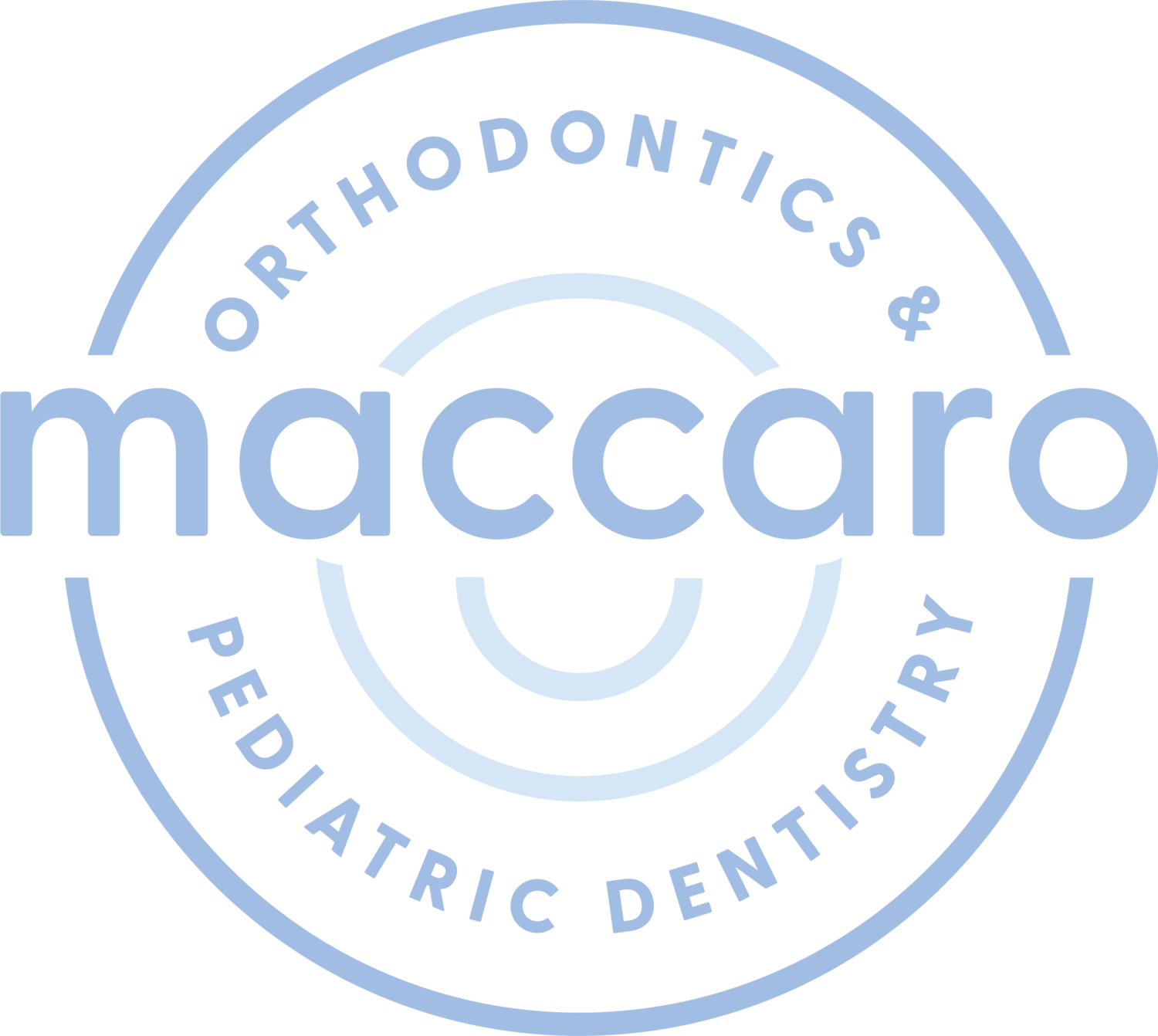Pediatric Dentistry for Children with Hypophosphatasia and Susceptibility to Tooth Decay
Hypophosphatasia (HPP) is a rare genetic disorder affecting the development of bones and teeth due to low levels of the enzyme alkaline phosphatase (ALP). Dental complications are frequent in children with HPP, including increased susceptibility to tooth decay, making comprehensive pediatric dental care vital. We will explore the unique dental challenges of children with HPP and the critical role of pediatric dentistry in managing these issues.
Understanding Hypophosphatasia
HPP can result in a variety of skeletal and dental abnormalities due to the crucial role ALP plays in mineralizing bones and teeth. The disorder can range in severity, with milder forms appearing later in life and the most severe forms appearing before birth or in early infancy.
One of the earliest signs of HPP is premature loss of primary teeth, which may even occur before the age of five. Children with HPP also often experience increased susceptibility to dental caries (tooth decay) because their teeth, like their bones, can be poorly mineralized and therefore more prone to demineralization.
The Role of Pediatric Dentistry
Pediatric dentists play a vital role in managing the dental implications of HPP. Their understanding of the disorder, its impact on oral health, and strategies to minimize these effects can make a significant difference in a child's dental health and overall quality of life. Here are a few ways pediatric dentists support children with HPP:
Early Detection and Diagnosis
Since dental abnormalities often precede other signs of HPP, pediatric dentists may be the first healthcare providers to suspect the disorder. Identifying these early signs can expedite diagnosis and initiate needed care.
Preventive Care
Preventive dental care is crucial for children with HPP due to their increased risk of tooth decay. Regular check-ups, fluoride treatments, sealants, and patient education on good oral hygiene practices are key preventive strategies.
Conservative Treatment Approaches
Given the fragility of the teeth in children with HPP, dentists often opt for conservative treatment approaches to preserve as much tooth structure as possible. This can involve minimally invasive caries removal techniques, using glass ionomer cement which releases fluoride to help prevent further decay, and careful periodontal management.
Managing Dental Pain
Children with HPP may have increased sensitivity and dental pain due to pulp exposure from rapid tooth wear or decay. Pediatric dentists are skilled in managing this pain while minimizing further damage to the teeth.
Collaboration with Other Health Professionals
Pediatric dentists often work closely with a child's wider health team, including geneticists, endocrinologists, and nutritionists, to coordinate care and ensure the best outcomes.
For children with hypophosphatasia, comprehensive dental care is a fundamental aspect of managing their condition. The unique challenges presented by HPP necessitate the expertise of pediatric dentists experienced in caring for children with complex needs. Through early detection, preventive care, conservative treatments, pain management, and interdisciplinary collaboration, pediatric dentists can help children with HPP maintain the best possible oral health and quality of life.
Do you have questions about your child’s dental care? Maccaro Orthodontics & Pediatric Dentistry has answers! Click here to view our FAQ page today!
